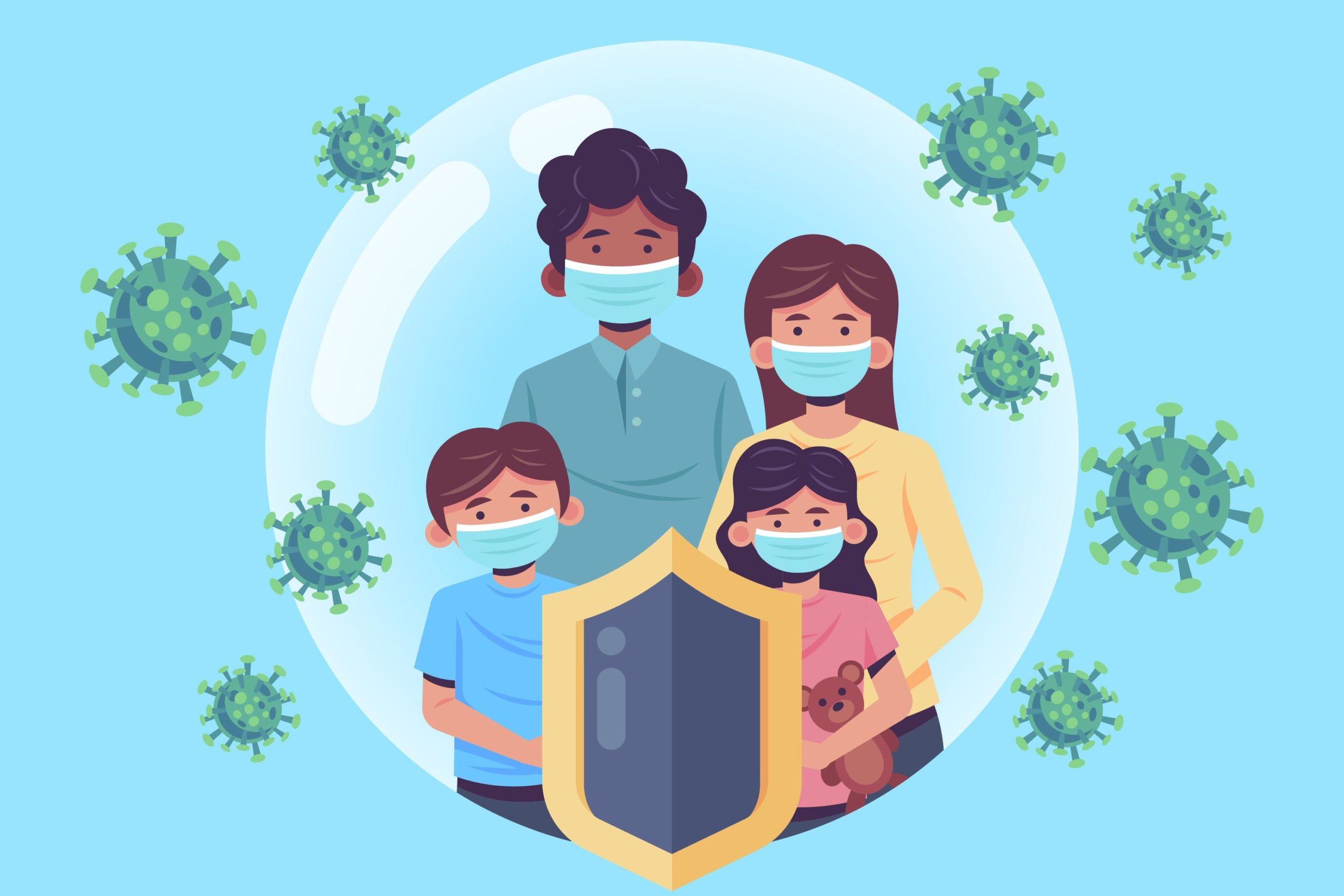The novel Coronavirus has caused havoc throughout the world and impacted every phase of life, disrupting normal day-to-day activities. Covid-19, caused by SARS- Cov-1, is one of the large family of viruses distinctly recognized for having crown-like spikes on its outer layer, which it uses to attach itself with human receptor cells, causing the disease. According to WHO, these viruses can mutate several times in their natural lifecycles resulting in new variants. These variants can be more virulent and even more fatal in most cases. In other cases, the impact of mutations on human health might eventually die down and become harmless to human beings, as the Darwin theory stipulates.
There are currently multiple virus mutations in circulation, of which two are of particular concern to the medical community. These are primarily the variants that have caused the second wave of infections in several countries, resulting in a massive spike in positivity rates.
What is a mutation?
A mutation refers to a change that occurs in our DNA sequence. This may cause a change in its behavior and effectiveness. In current variants, one mutation, in particular, has improved the capability of the virus to bind with proteins in human cells called receptors. This binding affinity seen in current mutants is 40-80% more transmissible during the second wave. The new ‘double mutant’ has been identified in 80-82% of samples collected from India, which is causing immune-escape in the body of an infected individual and chances of increased transmissibility, but it has been said to be less deadly according to studies. It has proven to be at least 15% more virulent in preliminary studies.
What are the mutations circulating in India?
WHO has recently classified COVID mutation in India as a “variant of concern”. Indian mutation of COVID 19 has been named B.1.617, which is highly contagious. Epidemiologists suggest that this variant famously called “double mutant” is a result of thirteen mutations. Out of all thirteen mutations, two are of particular concern, hence called a ‘double mutant’. These mutations have caused modifications in the spike protein on the Coronavirus. Mutations are natural in any virus and there can be multiple numbers of them floating in the population. India has detected 24,000 mutations in 7000 variants of the COVID 19 virus. But only a few are the cause of concern.
In some samples in India, a UK-type variant of the COVID 19 virus is detected. B.1.1.7 is it’s name. It has accumulated 23 mutations across 5 genes.
Experts have also suggested that these mutations might even escape the RT-PCR tests. But such incidences are very rare.
Is the new mutant a cause of worry?
Mutations of the virus in new variants can potentially evade the neutralizing effect of natural bodily immune-response. It means that even if you have recovered from a previous variant, you can still get reinfected with it. However, ICMR notifications say that infected people who have already recovered from a primary infection would be very mild. It points towards the fact that vaccines would shield you from the possibility of severe infection in the future. The good news is that COVAXIN has been confirmed to be effective against this mutant, one of the two vaccines currently available in India, It is the only silver lining of hope people can rely on in current scenarios.
How does a vaccine impact virus mutation?
As the virus changes its nature, it is necessary to consider whether already developed vaccines are going to be effective against them or not. Research is going on to understand the modification of their genetic material and how it might affect vaccine development. But, a general medical view holds that even if the vaccine becomes less effective towards any new mutant, there is a possibility to make changes in the vaccine’s component raw material to improve antibody response and vaccine efficacy.
There is no need to worry about the effectiveness of a vaccine as a vaccine can be altered as per the need. it is necessary to get vaccinated as soon as you can. Vaccination is the last line of defense to protect oneself against infection by the Experts.
